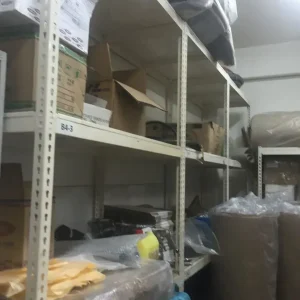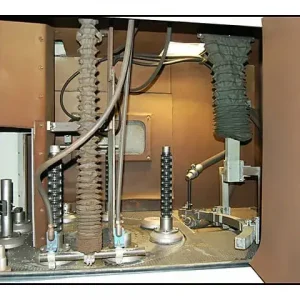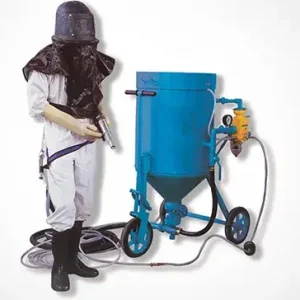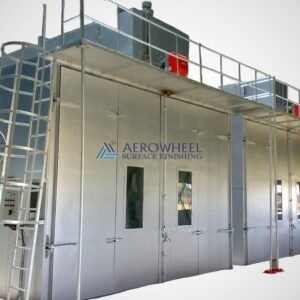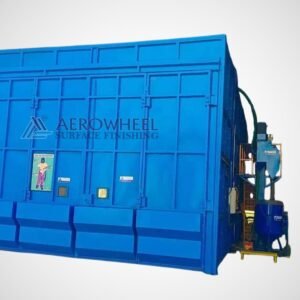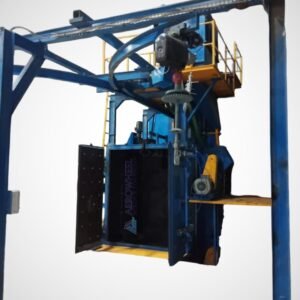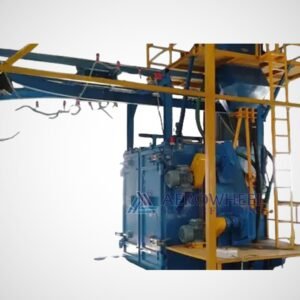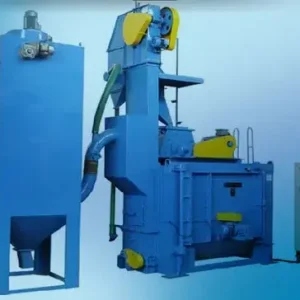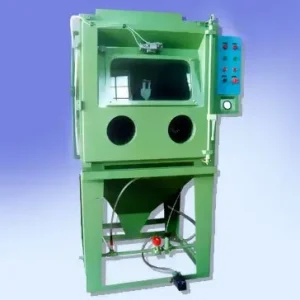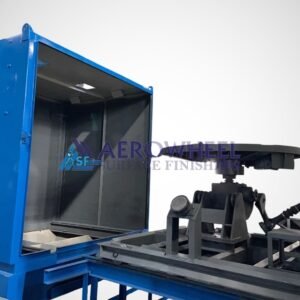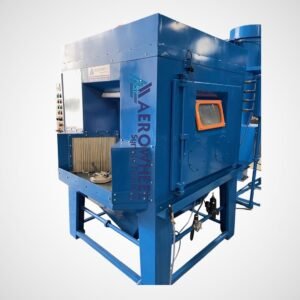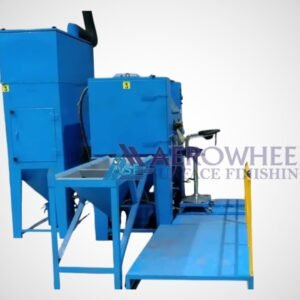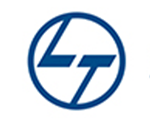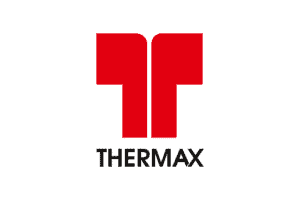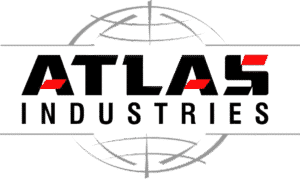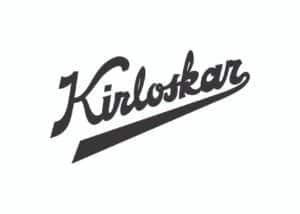Abrasives are one of the biggest recurring costs in any blast room operation, and inefficient usage can lead to significant material loss and higher expenses. Reducing abrasive wastage not only saves money but also improves surface finish quality and minimizes environmental impact. At Aerowheel Surface Finishing, we emphasize the importance of efficient abrasive management to help industries achieve better results with less waste.
1. Understand the Causes of Abrasive Wastage
Before implementing solutions, it’s essential to identify the root causes of abrasive loss in a blast room setup. Common reasons include:
- Incorrect nozzle size or pressure settings
- Poor abrasive recovery system design
- Improper airflow and dust extraction
- Excessive contamination of abrasives
- Operator inefficiency or lack of training
Recognizing these issues is the first step toward achieving better control and cost efficiency.
2. Choose the Right Abrasive Material
Different abrasives have varying durability and recyclability. For example:
- Steel grit and steel shot can be reused hundreds of times if properly cleaned.
- Aluminum oxide offers excellent cutting power but breaks down faster.
- Garnet is eco-friendly and provides a good balance between performance and reusability.
Selecting the right abrasive type for your application ensures minimal breakdown during blasting, directly reducing waste.
3. Optimize the Abrasive Recovery System
A well-designed abrasive recovery system automatically collects, cleans, and recycles usable material while separating dust and debris.
To reduce wastage:
- Use full or partial floor recovery systems with screw conveyors or bucket elevators.
- Regularly maintain air wash separators to ensure efficient abrasive cleaning.
- Keep ducts and filters free from clogging to maintain consistent flow.
This helps reclaim a higher percentage of usable abrasive from every cycle.
4. Maintain Proper Air Pressure and Nozzle Selection
Using too much air pressure or the wrong nozzle size can increase abrasive consumption without improving results.
Follow these practices:
- Maintain recommended blast pressure (typically between 80–110 PSI for most abrasives).
- Use a Venturi-type nozzle for better abrasive acceleration and coverage.
- Replace worn-out nozzles promptly, as erosion widens the orifice and increases abrasive flow unnecessarily.
5. Train Operators for Efficient Blasting Techniques
Operator skill directly impacts abrasive consumption. With proper training, workers can:
Paint Spray Booth at AeroWheel Surface Finishing: Excellence in Every Coat
Comparing Sand Blasting Machine Manufacturers: What to Consider
What Is the Price of a Sand Blasting Machine in India?
- Maintain optimal distance from the surface.
- Use appropriate blast angles.
- Avoid over-blasting already clean areas.
At Aerowheel Surface Finishing, we provide operator training to ensure maximum efficiency and minimum waste during blasting operations.
6. Regular Maintenance and Inspection
Routine inspections prevent hidden leaks or blockages that lead to abrasive loss.
- Check hoses, valves, and seals for air leaks.
- Inspect reclaimer screens for wear.
- Clean and calibrate the dust collection system regularly.
A well-maintained system ensures consistent performance and minimal wastage over time.
7. Monitor and Track Abrasive Usage
Use digital tracking or manual logs to record abrasive usage per shift or per job. Monitoring helps identify unusual consumption patterns and provides insights for corrective actions.
Conclusion
Reducing abrasive wastage in blast rooms is a balance of smart equipment design, operator training, and regular maintenance. By optimizing recovery systems and choosing the right abrasives, industries can achieve higher efficiency and lower operational costs.
At Aerowheel Surface Finishing, we specialize in designing blast room systems that minimize abrasive loss, improve recycling efficiency, and ensure cleaner, more sustainable operations.








